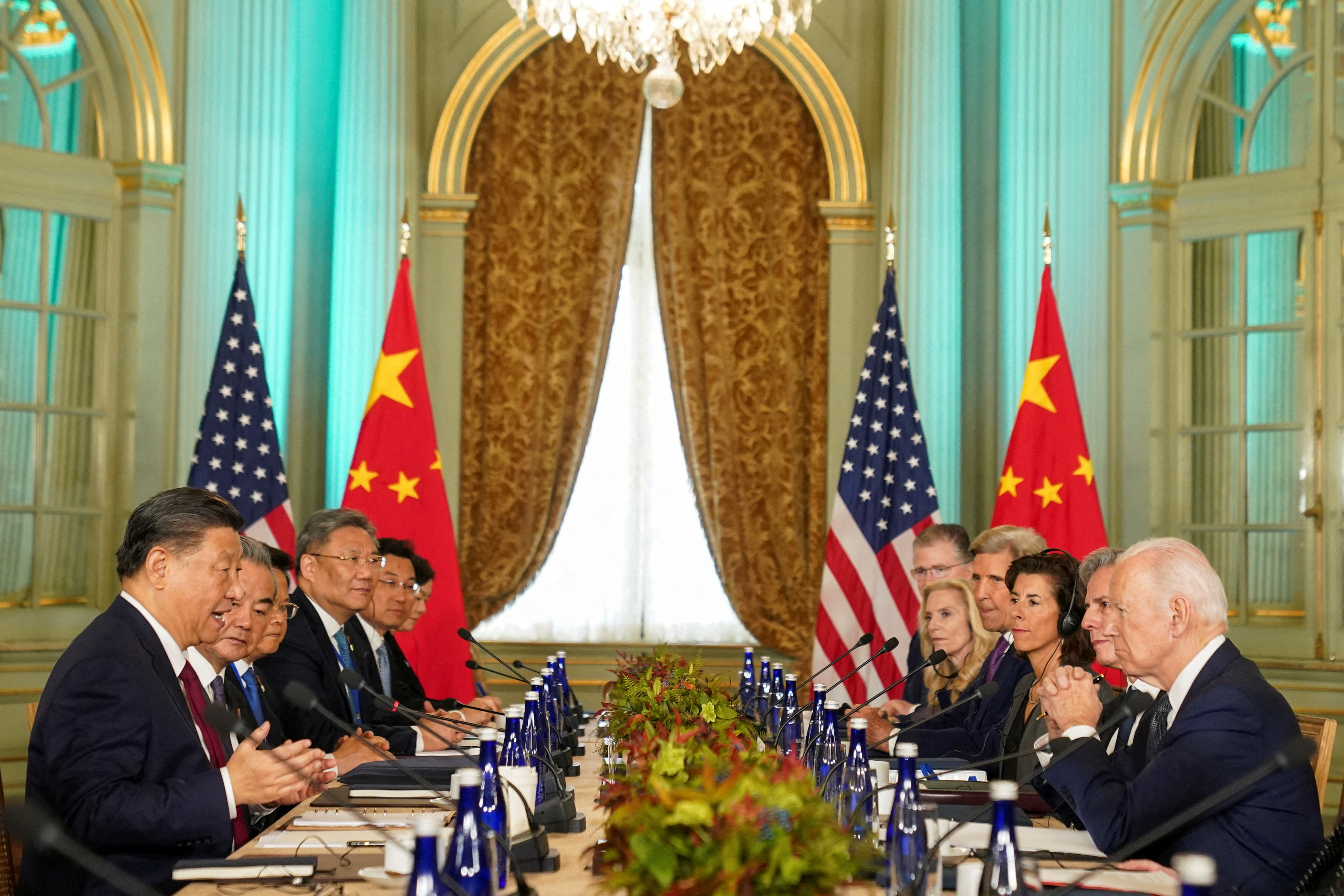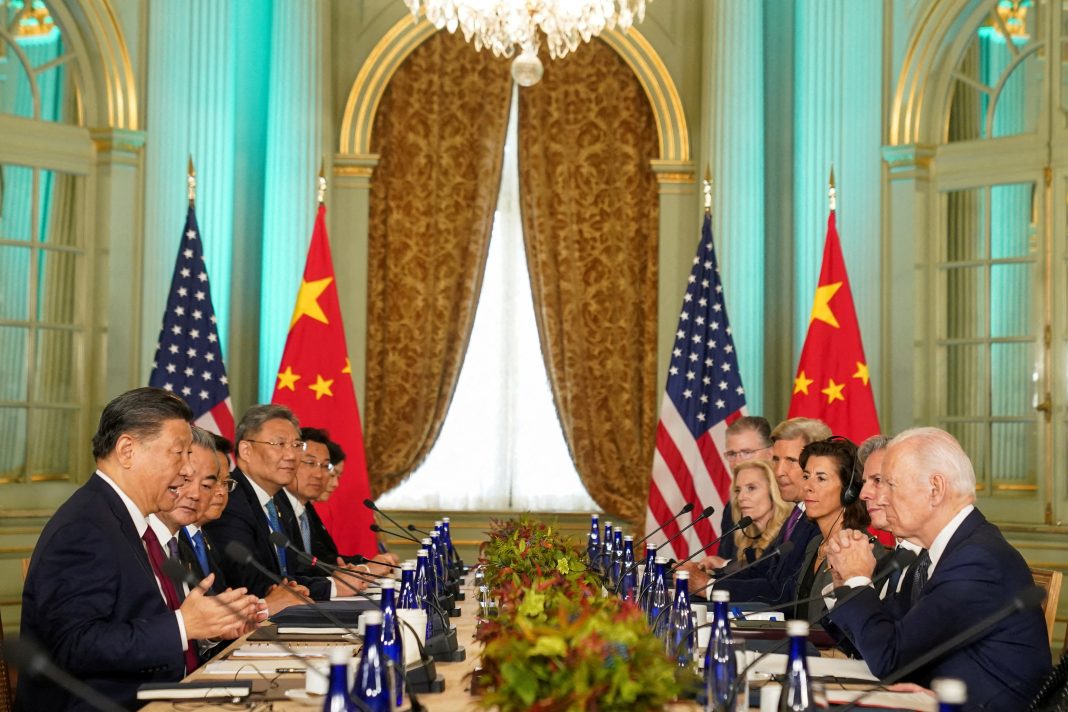
Title: The Battle Against China’s Steel Industry: Japan’s Bid for U.S. Steel and the Global Impact
Introduction:
The steel industry has become a battleground for nations worldwide as they try to protect their local industries from the flood of cheap Chinese steel imports. Japan, the world’s fourth largest steelmaker, is seeking U.S. cooperation to curb China’s dominance in the sector. This article explores the ongoing bid by Nippon Steel Corporation, Japan’s leading steelmaker, to acquire U.S. Steel and the broader implications for the global steel market.
Japan’s Call for U.S. Cooperation:
Shinjiro Koizumi, a prominent prime ministerial candidate in Japan, has emphasized the need for cooperation between the United States and Japan in tackling the shared challenge posed by China’s steel industry. Koizumi warns that if China continues to flood the global market with cheap steel, it will have a detrimental impact on democratic countries that abide by fair market rules. This call for cooperation highlights the urgency of addressing the issue collectively.
Nippon Steel’s Ambitious Acquisition:
Nippon Steel Corporation, the world’s fourth largest steelmaker, has set its sights on acquiring U.S. Steel, a historic American company known for its iconic structures. Last year, Nippon Steel announced its intention to purchase U.S. Steel for $14.9 billion in cash. While U.S. Steel shareholders approved the offer, both union workers and prominent political figures like Vice President Kamala Harris and former President Donald Trump have voiced their opposition.
The Committee on Foreign Investment in the United States (CFIUS) is currently conducting a 90-day review of the deal, with the possibility of either making a recommendation or extending the review period. This evaluation highlights the significance of the acquisition and its potential impact on the U.S. steel industry.
The Decline of U.S. Steel Production:
In the 1950s, the United States was the leading global steel producer, accounting for nearly half of the world’s steel production. However, the landscape has drastically changed, with the U.S. now producing only around 4.3 percent of the annual metric tons worldwide. This decline has necessitated a renewed focus on protecting domestic steel industries from cheap imports.
Preserving American Identity:
Both presidential candidates have expressed their support for U.S. Steel as an American manufacturing company, opposing the Nippon Steel deal. The White House advisor, Saloni Sharma, emphasized the importance of U.S. Steel remaining domestically owned and operated. This sentiment reflects the broader concern of preserving American identity and maintaining control over critical industries.
The Threat of China’s Overcapacity:
China’s steel industry poses a significant challenge for both Japan and the United States. The Chinese government’s aggressive expansion of the steel industry has granted them a dominant position in the global market. However, the collapse of China’s real estate industry has resulted in a decline in domestic demand and a surge in net crude steel exports. In 2023, China’s net crude steel exports increased by 64 percent compared to the previous year.
China’s oversupply crisis has prompted other countries to implement anti-dumping measures, further exacerbating the situation. In response, the Chinese Communist Party suspended a steel industry policy that prohibited the construction of new steel plants. This move reflects China’s recognition of the need to address the oversupply issue.
Conclusion:
The battle against China’s steel industry has become a pressing concern for Japan, the United States, and other democratic countries. Japan’s bid for U.S. Steel exemplifies the efforts to protect local industries from the flood of cheap Chinese steel imports. The outcome of the acquisition and the broader measures taken to curb China’s steel dominance will shape the future of the global steel market. Cooperation and strategic actions are essential to ensure a level playing field and safeguard the interests of democratic nations in the face of China’s steel overcapacity.

